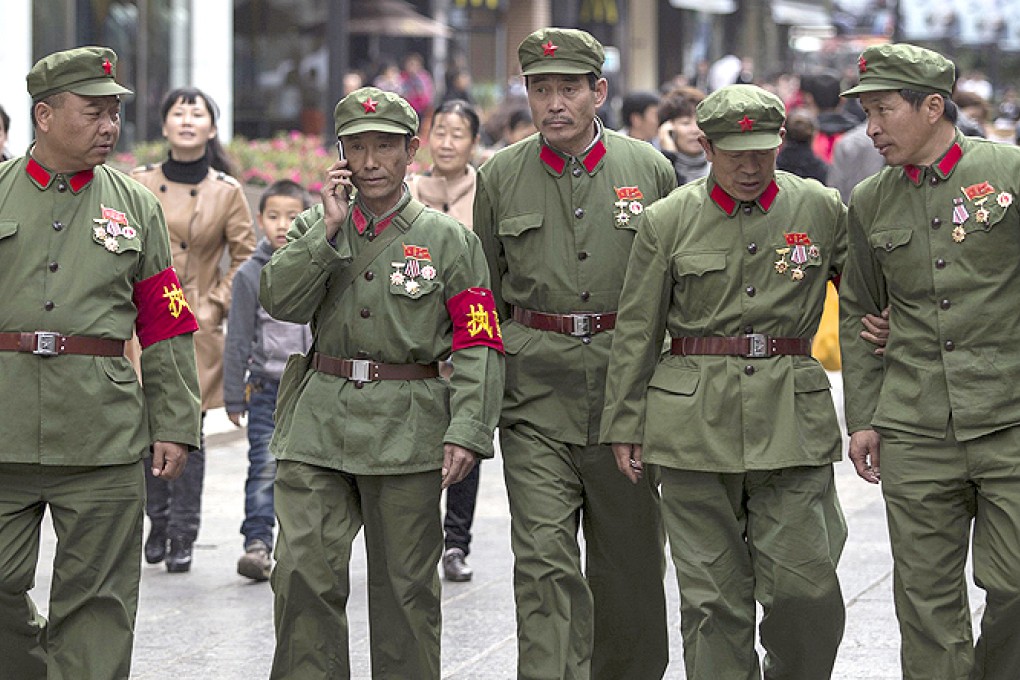Guangzhou cadres banned from calling each other ‘gangster’ names like 'boss' and 'bro'

Stop calling your boss “boss”, Guangzhou’s graft watchdog ordered party officials yesterday as it sought to curb “name-calling” among cadres.
The provincial discipline inspection commission posted on its official website a list of banned terms amid concern that the rise of gangster-inspired slang in officials’ parlance signals bureaucratism, sectarianism and mafia acts, according to Xinhua and other state media.
“Bro”, “man” and “capo” were on the blacklist. In Putonghua, common terms for superiors include laoban (boss) and laoda (capo, a Western term typically referring for the head of a crime family).
Subordinates or colleagues could be called xiongdi (bro) or gemen (man).
Calling colleagues by these names “has destroyed the inner-party democracy and harmed the image of party officials as servants of the people”, the commission said.
As comrade Mao Zedong always advocated, all should be called comrade in the party
“It is extremely unsuited to the principles of the party and the nature of people’s government,” it said.